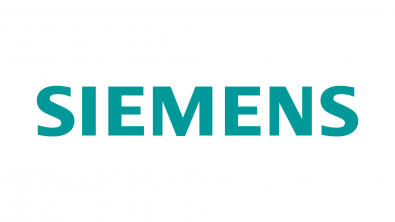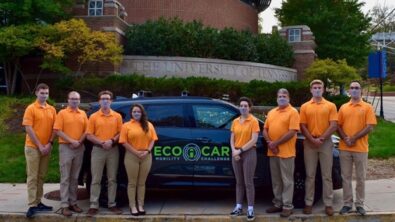Exciting 4th & Final Year of the EcoCAR Mobility Challenge 2022: Top-3 Teams Use Siemens Software
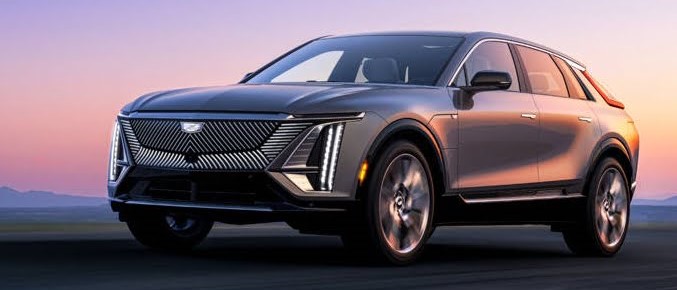
Siemens congratulates all students who participated in Year 4 of the four-year long EcoCAR Mobility Challenge. Teams from 11 universities modified a standard gasoline powered Chevrolet Blazer SUV into an advanced autonomous, communicating and energy-efficient hybrid electric vehicle.

Arizona for the final year competition. Almost 800 students prepared the advanced vehicles.
The EcoCAR Mobility Challenge is a 4-year student competition from 2018-2022 with a budget of over $25 million provided mostly by industry. EcoCAR is a U.S. Department of Energy (DoE) Advanced Vehicle Technology Competition (AVTC) program with the foundational industry sponsorship and vehicle donations by General Motors (GM). Students receive hands-on real-world experiences as they work towards creating the transportation technology of the future. Siemens Digital Industries Software is the principal engineering software supplier to the teams as well as a sponsor. GM provided a Chevrolet Blazer SUV for the students to modify from a gasoline-only vehicle to a hybrid-electric powertrain, as well as adding advanced driver assistance features (ADAS), (such as adaptive cruise control or lane-keeping). Siemens Digital Industries software is the primary engineering software sponsor for all the student teams. Siemens provides software at no-cost, along with free online training courses and technical support.
All 3 podium winners were enabled by Siemens Xcelerator suite of integrated software engineering tools.
Georgia Institute of Technology was named The EcoCAR Mobility Challenge Year Four champion. https://www.linkedin.com/company/georgia-institute-of-technology/
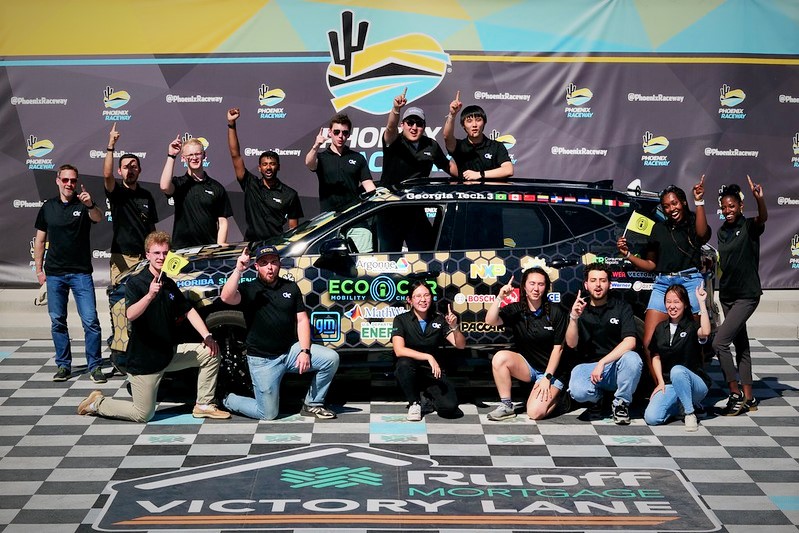
The overall winner, Georgia Tech stated, “Throughout the 4-year EcoCAR competition, our team made extensive use of Siemens NX and Capital Essentials software to design the vehicle’s mechanical, and electrical, systems respectively. In particular, using topology-optimization and FEA in Siemens NX and Simcenter enabled weight savings to achieve the second lightest vehicle in the competition. This lightweight design, so vital for fuel economy, was achieved despite integrating an advanced and complex hybrid electric powertrain architecture. The team looks forward to working closely with Siemens software in the follow-on four-year competition as well, the new EcoCAR EV Challenge”.
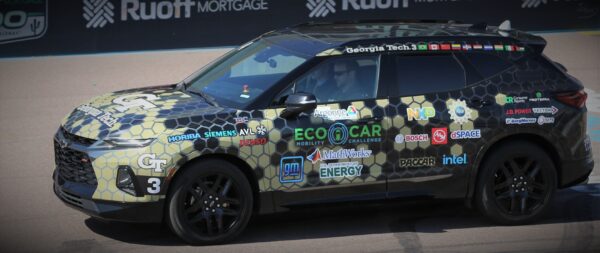
Rounding out the top three are The Ohio State University team in second place, with the University of Alabama team in third place.

The 4th and final year’s event challenged teams to test, prove, and refine their work from the previous three years, mimicking a real-world automotive product development cycle. The teams applied advanced propulsion systems, electrification, SAE Level 2 driving-automation, and vehicle connectivity – to improve the utility and energy efficiency of a 2019 Chevrolet Blazer. Each team was scored across multiple dynamic vehicle testing events ranging from energy consumption to acceleration and drive quality. Teams demonstrated a team-developed functioning adaptive cruise control (ACC) system with full speed range.
A 175-mile ‘Over the Road Event’ through the Arizona desert, tested each vehicle’s thermal management in hot conditions, range and overall durability. Despite 105 degree heat, all entered vehicles completed the drive without a breakdown – a huge success.
Teams also gave five presentations to more than 65 judges from government and industry. The students detailed their vehicle designs and subsystems, team management and communications activities, demonstrating the multidisciplinary aspects of their team.
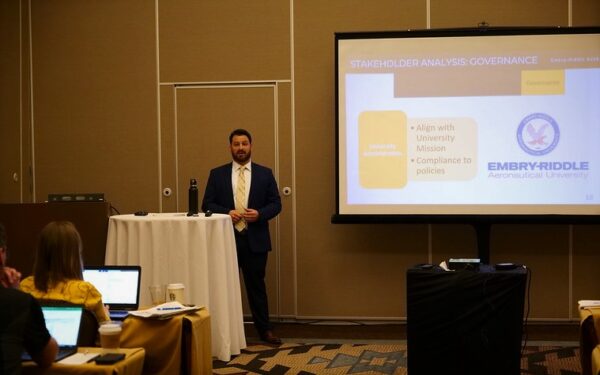
Teams also participated in the Connected Mobility Challenge, which tested Vehicle-to-everything (V2X) connectivity capabilities of the Blazer. The vehicles navigated a connected signalized intersection while using real-time Infrastructure-to-Vehicle (I2V) information from the traffic lights. Watch a 7-minute video at https://www.youtube.com/watch?app=desktop&v=CXW6UhmmIXY&feature=youtu.be
This year, the Siemens judge volunteers, scored each team in 3 different judging panels: Propulsion System Integration, Connected & Autonomous-driving judging, as well as Consumer Appeal (judging the actual drive-ability of the cars).
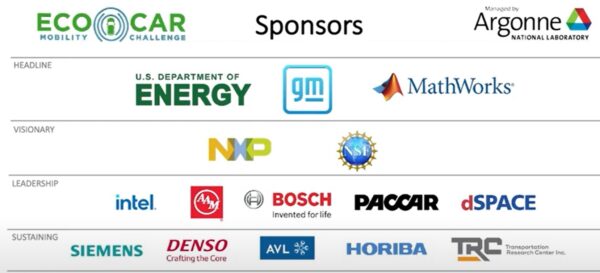
“It is so impressive to see these 11 university ECOCAR teams compete and put every single teams’ vehicles on the track successfully”, said Kevin Blevins, Siemens’ judge for Consumer Appeal, “there are no losers in this competition. These students have learned what it takes to convert the vehicle from a traditional gasoline powertrain to a fully integrated and working hybrid-electric vehicle, plus other advanced features. The lessons learned will open tons of doors in so many companies. The dedication and pride these students exhibited was infectious and inspiring.“
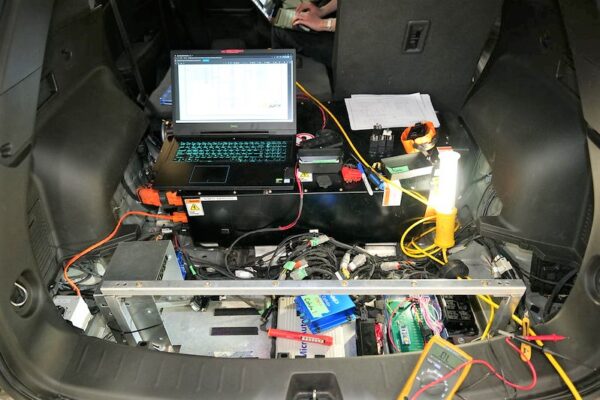
Another Siemens judge, for Propulsion System Integration, Sid Gulat, said, “These teams designed and built impressive cars for a sustainable future. I witnessed a great display of team work, presentation skills, professionalism and technical proficiency that was simply amazing. I have no doubt these students have a super bright future ahead of them!”
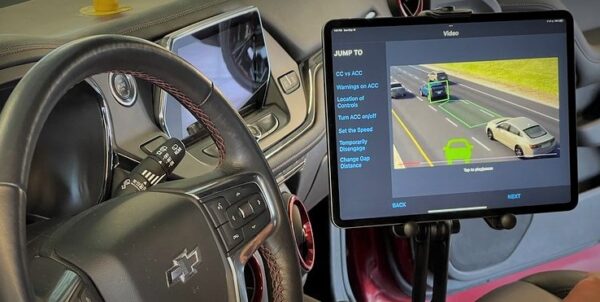
Siemens Software a Key Component of EcoCAR Teams’ Success
All three podium winners for Year 4 were active users of Siemens software as well as the other teams. EcoCAR teams rely heavily on NX for CAD design, Capital Essentials for electrical system (formerly called VeSys) for electrical/wire-harness design. Simcenter STAR-CCM+ simulator was useful for cooling analysis. PADS Professional and Simcenter Prescan were also offered for for circuit board design and autonomous driving simulation respectively.
While many new members join the teams each fall, Xcelerator Academy teaches them how to use the Siemens tools. Team members with more experience also use Xcelerator Academy to continue advancing their skills fpr refining their vehicle designs.
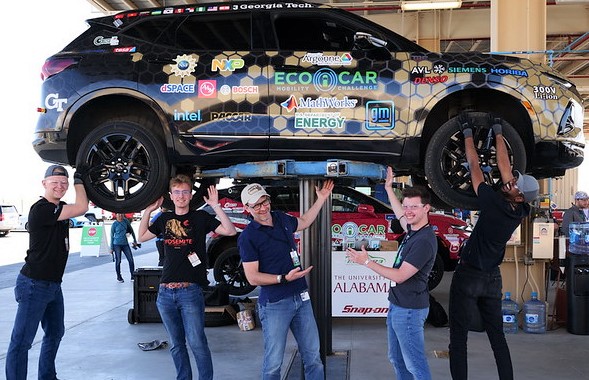
Congratulations to all the teams who participated The Ohio State University, University of Tennessee, Knoxville, Embry-Riddle Aeronautical University, Georgia Institute of Technology, Virginia Tech, McMaster University, Mississippi State University, University of Alabama at Birmingham, University of Washington, University of Waterloo, West Virginia University. The full list of rankings in each judged sub-category https://avtcseries.org/ecocar-mobility-challenge/year-four/awards/
STEM Education Day
These advanced university teams also ‘paid it forward’ by hosting a STEM education day and mentoring middle school students from nearby Phoenix schools.
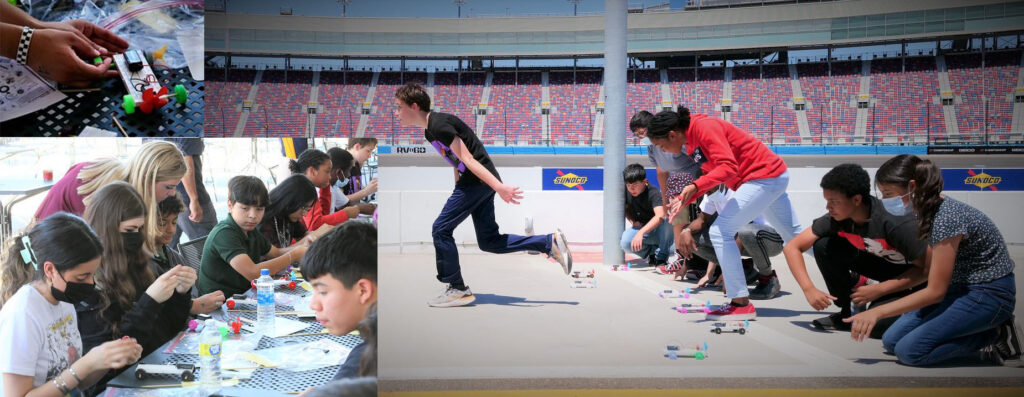
“These elite real-world-engineering experienced students will make solid contributions from day one as they graduate into industry”, stated Leigh Anderson, manager of Siemens’ global student competitions program, “we’re excited to continue our sponsorship of EcoCAR on into the next four-year EcoCAR series, called the EcoCAR EV Challenge. As an advocate for diversity in the engineering workforce Siemens also applauds the great contributions of the many female engineers on the EcoCAR teams.”
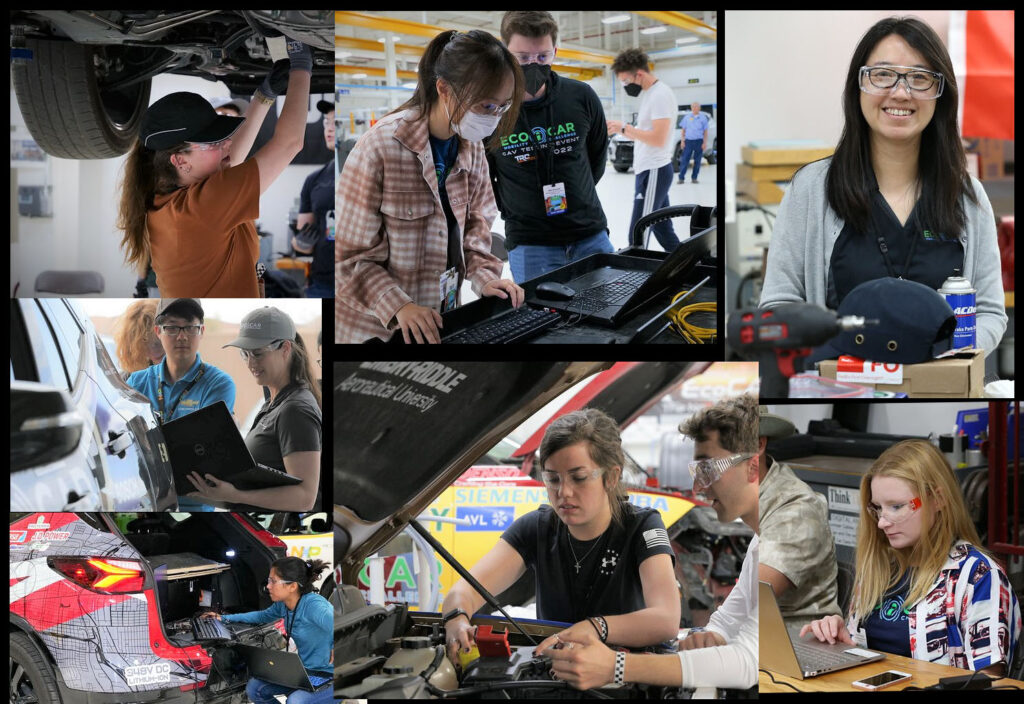
What’s Next? Another 4-year Series – the EcoCAR EV Challenge
The EcoCAR EV Challenge is the latest Advanced Vehicle Technology Competition (AVTC) sponsored by General Motors, MathWorks, Siemens and the US Department of Energy.
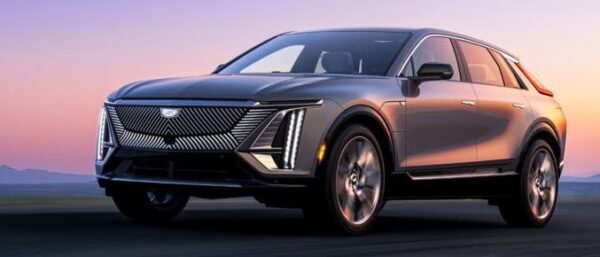
This new four-year (2022-2026) EcoCAR competition challenges 13 North American schools to redesign a 2023 Cadillac Lyriq SUV to maximize energy efficiency using advanced electric propulsion systems, vehicle connectivity, and vehicle automation. Additional information on the competition can be found here. https://ecocarevchallenge.org
Want No-Cost Software for your Student Team?
Siemens software plays a crucial role in equipping and training student teams all over the world to enable success. Learn how to request a full-featured commercial software licensing grant for your team here.
Useful Links for Student Teams:
Global Academic Partner Program Home
Student-Exclusive LinkedIn Group – Network with industry professionals, educators and peers
Curriculum Hub – Free classroom downloads (great for virtual classrooms, too!)
Academic Certifications and Digital Badges – Get certified in NX, Solid Edge, Simcenter Amesim, MBSE and more, plus earn digital badges to show off your student competitions and software expertise on your resume.
Student Edition Software Downloads – Free software for students and educators!

